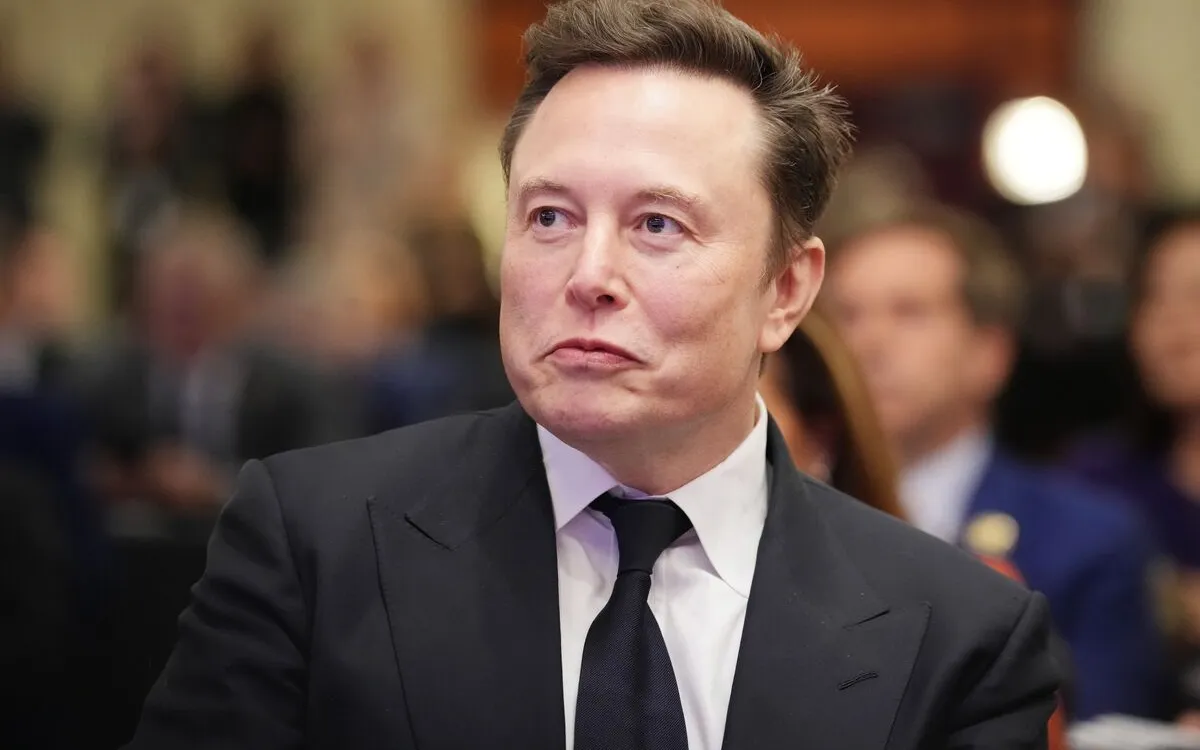
In a recent earnings call for Tesla Inc., Elon Musk, the world’s richest person, devoted significant time to urging investors to approve his controversial $1 trillion pay package. This high-stakes proposal has drawn criticism from several shareholder advisory firms, which have publicly opposed the plan, leading Musk to defend his position vigorously during the call.
As the earnings call concluded, Musk expressed his concerns regarding the level of voting control necessary for his compensation plan. “There needs to be enough voting control to give a strong influence, but not so much that I can’t be fired if I go insane,” Musk stated. This candid remark underscores his awareness of the delicate balance between retaining influence and maintaining accountability within the company.
The proposed pay package has sparked a heated debate among investors and analysts alike, primarily due to its staggering amount. Critics argue that such compensation is excessive, especially in light of the company's performance metrics and broader economic conditions. However, Musk believes that this package is essential for aligning his interests with those of Tesla shareholders, suggesting that his leadership is crucial for the company's ongoing success.
As Tesla continues to navigate a competitive automotive landscape, the outcome of this vote could significantly affect the company's governance structure and future direction. Investor sentiment is critical, and how they respond to Musk's plea could set a precedent for executive compensation within the tech and automotive sectors.
In conclusion, Elon Musk's impassioned defense of his $1 trillion pay package during the Tesla earnings call highlights the complexities of corporate governance and the ongoing debate over executive compensation. Stakeholders are now left to ponder the implications of this proposal, not only for Musk's role at Tesla but for the broader implications on corporate accountability.